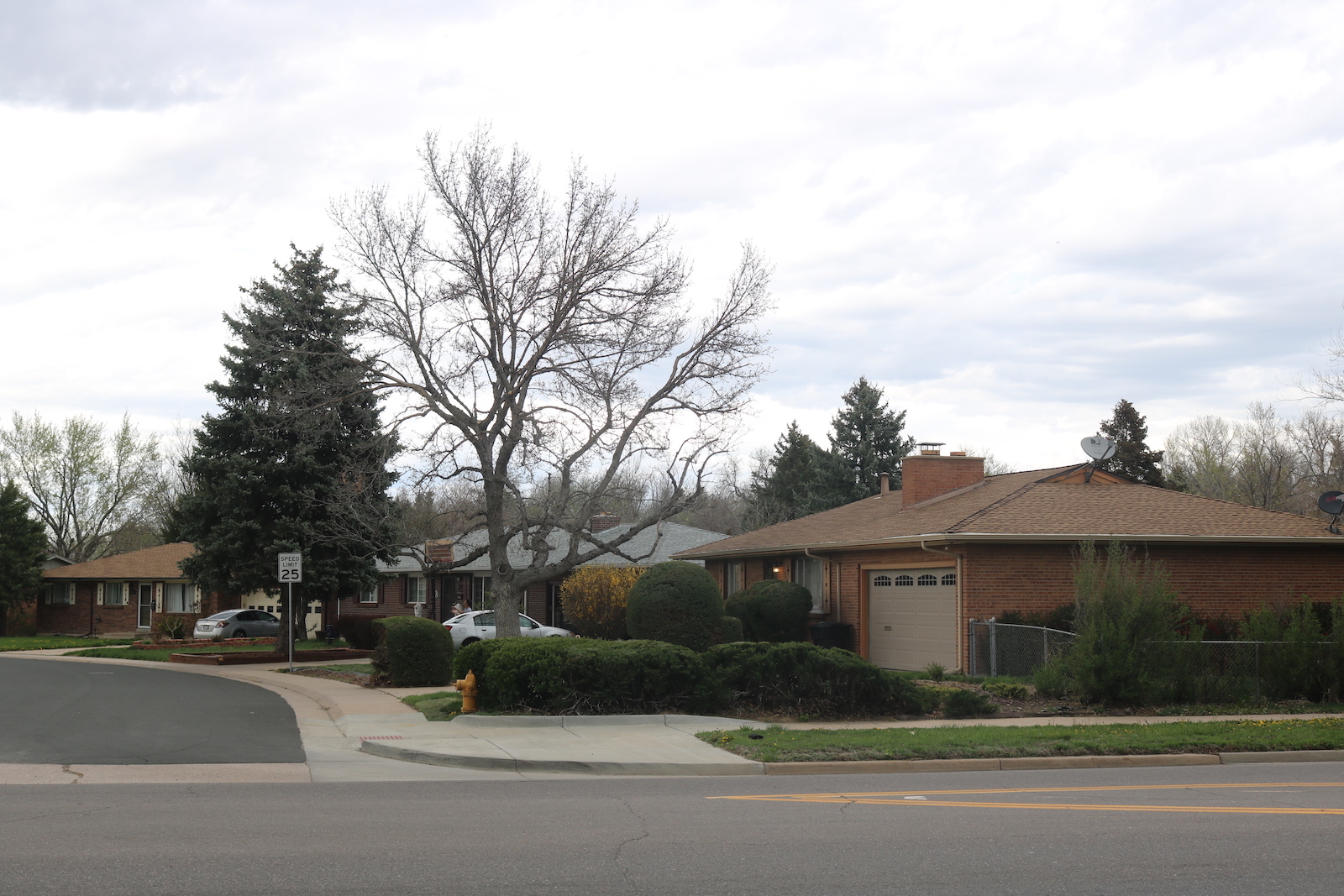The Local newsletter is your free, daily guide to life in Colorado. For locals, by locals.
After years of red-hot real estate, Denver’s housing market has been slowly cooling off over the past year. And in July, that trend continued, with buyers gaining more power to negotiate the terms of their home purchases—even as the number of residential listings decreased from earlier in the summer.
According to the latest report from the Denver Metro Association of Realtors (DMAR), single-family homes were on the market in July for an average of 24 days, up 10 percent from the same month last year. The pool of new residential listings was down more than 12 percent from June, but still up more than 16 percent compared to this time last year. DMAR Market Trends Committee chair and local realtor Jill Schafer attributes this partly to an increase in new construction across the Front Range, but also to the number of active listings in May and June being at their highest point in five years.

“It seems like all of a sudden, we got a number of people to put their property on the market [in May and June] that had been hesitant to,” Schafer says. “That kind of broke the logjam because a lot of people weren’t listing their homes because they didn’t know where they’d be able to move to.”
A slight increase in affordability, coupled with rock-bottom interest rates—the federal reserve cut interest rates by a quarter-point at the end of July—has enticed people to make the jump. According to DMAR, mortgage purchase applications in Denver were up more than 6 percent over last July, and so far in 2019, 22 percent of Denver-area zip codes have seen a year-over-year median price decrease, compared to just 3.3 percent of zip codes in 2018.
At the same time, closing prices have dipped marginally to 99.4 percent of list price, as opposed to 99.9 percent a year ago, which means that sellers are still getting close to asking price, but are likely seeing less competition for homes than they did in summers past.
Schafer cautions that despite these positive signs for potential buyers, Denver is still considered a seller’s market. The months of inventory (how fast all the existing homes on the market would last assuming no more listings are added) is still at a seller-friendly 1.73 months.
While the market is still strong, Schafer points out that buyers appear to be shifting their interests to the city’s new developments. Builders have reported an increase in interest and foot traffic, and are often able to make more concessions and offer different incentives than existing home sellers, particularly those with older homes that haven’t undergone extensive renovation, Schafer says. “Some of the new projects that have come on line are filling up some of our needs,” she adds, “but they are hurting some of our older inventory. New condos downtown might be selling like hotcakes, but the ones around it that are maybe 10 to 15 years old are kind of struggling.
“Everybody wants the latest and greatest but people need to reconsider and look at things like location, yard, and transportation,” she says. “You can always do your own updates.”








